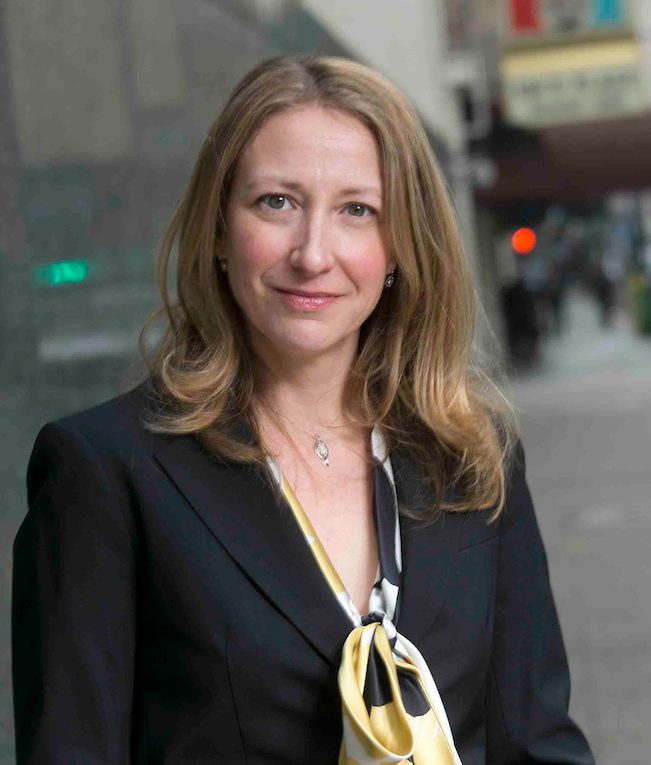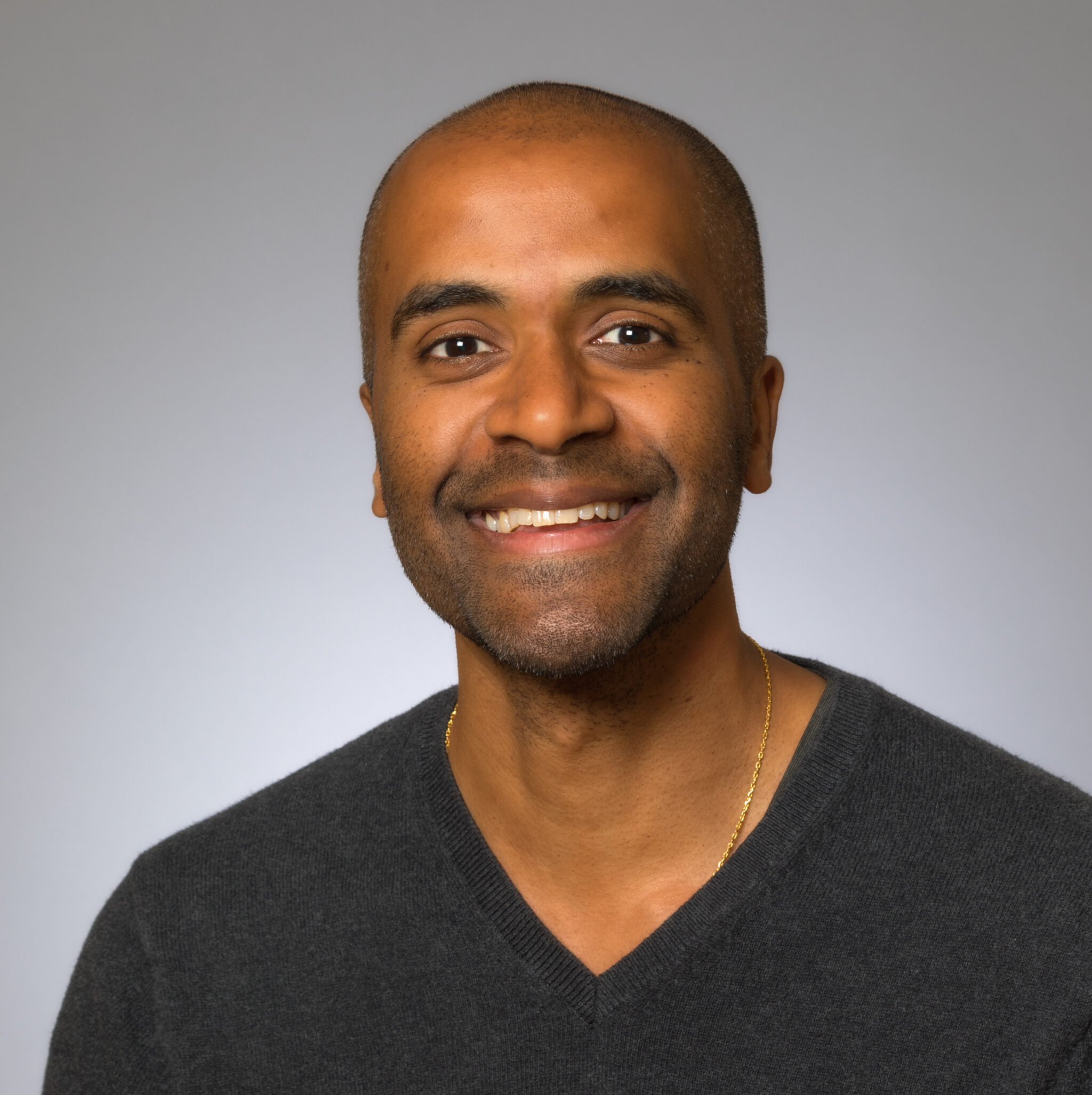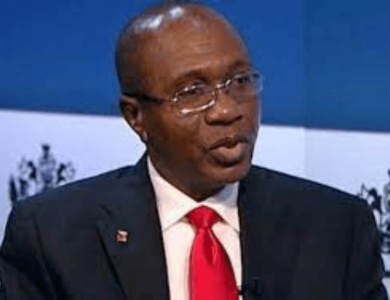Four UCLA law professors win prestigious faculty chair titles

[ad_1]
Four UCSD law professors were recently awarded new titles as faculty chairs, achieving one of the law school’s highest honors.
Alina Paul, Emily Murphy, Jodi Short, and Manoj Viswanathan They were promoted to new positions as endowed chiefs or appointed professors. Established thanks to gifts from generous alumni, these titles are reserved for faculty members who demonstrate excellence in scholarship, teaching, and service, with a special emphasis on scholarly excellence. They are selected by the advisor and dean in consultation with the provost, academic dean, and associate dean for research.
“These distinguished professors and scholars have made invaluable contributions to their areas of expertise, and we are extremely proud to celebrate and recognize their remarkable achievements,” said the Chancellor and Dean. David Wegman.
The four faculty members have produced important research in recent years, distinguishing themselves as top legal scholars on topics including tax law, racial justice, corporate governance, and a new field of study that blends brain science and law. During the 2023-2024 academic year, each new chair holder will provide public lectures open to the entire law school community and share insights from the research that has earned them recognition.
“Each of our new chair chairs is an accomplished scholar, a gifted and dedicated teacher, and a highly engaged member of the community,” said the Dean and Academic Dean. Maurice Ratner.

Professor Judy Short has done extensive research on public and private regulatory systems.
Judy Short Professor Mary Kay Kane
Short, who just completed a successful three-year term as associate dean for academic research at UC San Francisco Law, was previously recognized as the Honorable Roger J. Trainor Chair. She joined the UCSF Law faculty in 2012. Her research focuses on governance broadly understood, from the separation of powers in the administrative state to private entities that monitor the global supply chain and ways to encourage compliance with global labor standards. Ha Latest worksco-authored with faculty from Northwestern and Harvard Business Schools, examines the quality of second-party versus third-party auditing.
“It is an honor to be the inaugural chair to honor Mary Kay Keane – a pioneer for women in the legal academy, renowned scholar, dedicated mentor, and dedicated foundation builder. I am deeply inspired by her legacy,” Short said.
This professorship was established by a bequest included in the estate of the late Mary Kay Keane to promote excellence in teaching and scholarship among the faculty. Mary Kay Kane served as the first chancellor and dean of the UCSF School of Law from 1993 to 2006. She was a pioneering scholar, a nationally recognized expert in civil procedure, a supporter of legal education internationally, and is credited with helping bring UCSF California in San Francisco. to modern times.

Professor Manoj Viswanathan has analyzed progressive tax proposals in his latest research.
Manoj Viswanathan – Joseph W. Cochet ’64 Professorship
Viswanathan is the co-director of the Tax Law Center at UCLA, SF. He joined the UCSD faculty of Law in 2015. His research focuses on tax policy, inequality, and tax-exempt organizations. His previous work analyzed the effects of the 2017 Tax Cuts and Jobs Act on corporate behavior and the benefits of tax planning for low-income workers. for him Latest works It proposes a new framework within which the Individual Accounting Progressive Consumption Tax (IAPCT) can be implemented. “This article is the first to show that direct and gradual taxation of consumption is actually possible,” he wrote.
Distinguished alumnus Joseph W. Cochett, a 1964 graduate, created this professorship to support faculty whose “teaching and research will help sustain a just society that gives all a chance.” Cochit also supported the construction of one of the law school’s newest buildings that bears his name, the Cochit Law Center.
“To receive a chair named after Joe Kotkett, whose generosity to both UCSF and the community is legendary, is truly an honor,” said Viswanathan. “I look forward to promoting the values he espouses through my research and teaching.”

Professor Alina Paul explored how transnational lawyers can advance racial and economic justice.
Alina Paul – Bion M chair. Gregory in Business Law
Paul’s research focuses on business law, social entrepreneurship, and racial justice. She joined the UCSD faculty of law in 2013 and founded the Social Enterprise and Economic Empowerment Clinic, an in-house corporate law clinic that blends transactional attorneys with critical analysis of social and economic justice issues. Paul is the co-founding director of the Center for Racial and Economic Justice at the University of California, SF. Her final articles cover 2022 Tulsa Race Massacre And “Community Transactions Lawyer’, which she defines as “the intentional incorporation of community advocacy theory into an explicit transactional practice.”
The funds for this chair were donated by the family of Bion Gregory ’68, the longest-serving legislative advisor in California history. Gregory led the office drafting legislation and advising California state legislators from 1976 to 2001. The chair recognizes scholarly excellence in business law.
“It is truly an honor to be appointed Chair of the Bion M. Gregory Division of Business Law,” said Paul. “I am excited to use this platform to support transactional and corporate law attorneys as a way to address critical societal problems.”

Professor Emily Murphy has pioneered a new field of study that combines brain science with law.
Emily Murphy Harry and Lillian Hastings Research Chair
Murphy has been pioneering the emerging field of “law and neuroscience” since 2007. She joined the faculty at UCSD in 2017 and gained a tenure last year. Her writing on “collective knowledge capital” explores how behavioral data and brain science can be used to improve public policies and promote collective prosperity. her latest articles 2022, Brains without money: poverty as a disability And collective knowledge capital, effectively established a new field of study. Her work has garnered attention from academics around the world and was the inspiration for a seminar at Stanford Law School this past spring.
“I am honored to take up this chair, and I am grateful for the support of my interdisciplinary research,” said Murphy. “There are many points of connection between law and brain/behavioral science, and I am trying to create new points of contact that work towards the common goal of human flourishing.”
This chair was created in 1996 with a gift from Lillian Hastings on behalf of her late husband, Harry Hastings. The chair honors distinguished faculty for outstanding published research and future scholarship proposals.
[ad_2]
Source link




